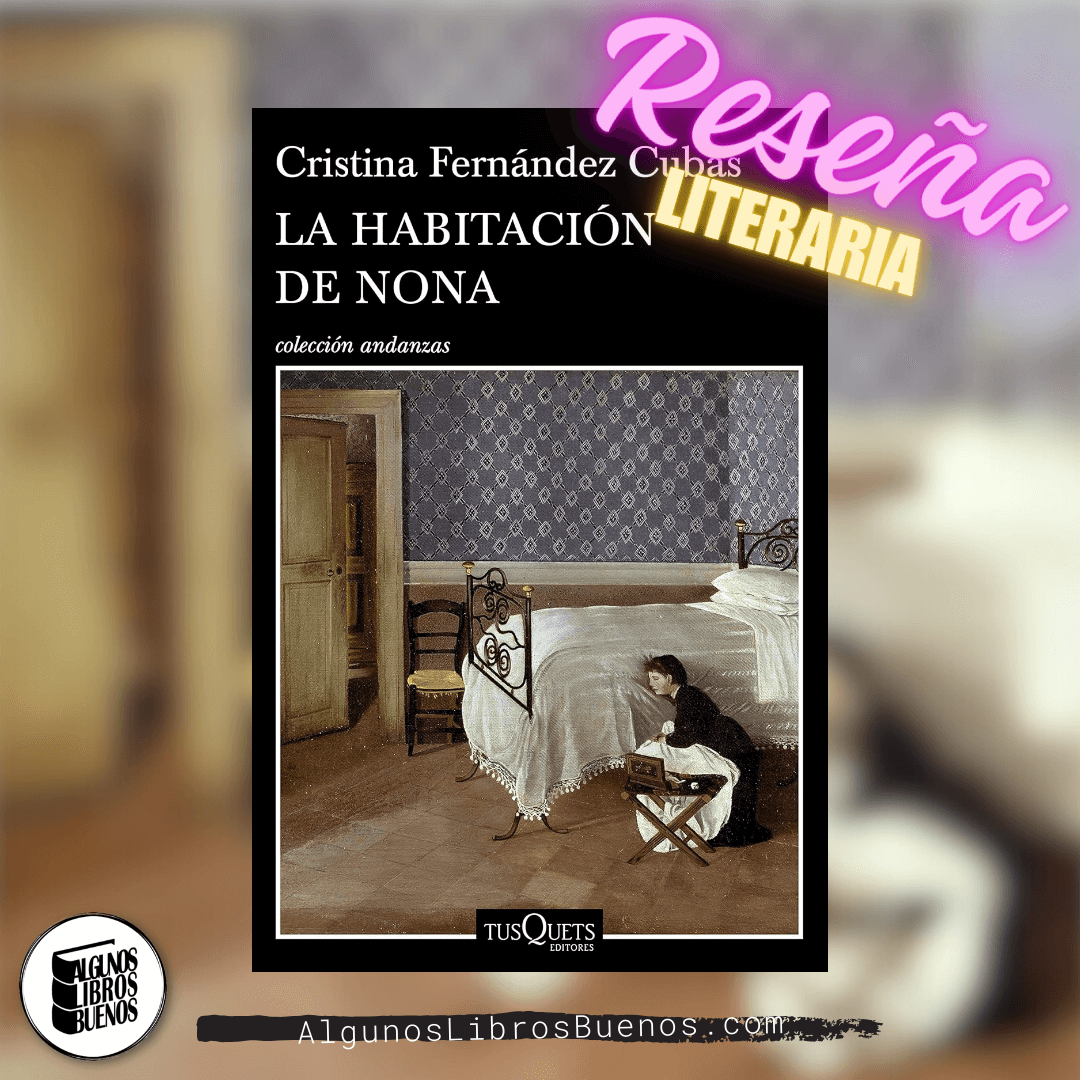
Review of the book “Nona’s Room” by Cristina Fernández Cubas.
By Paqui Bernal.
Cristina Fernández Cubas has published three novels, children’s books, a play, biographies and a memoir, but she is an author mainly recognized for cultivating short stories.
She has been mainly prolific in this field of short stories, of which she has written “My Sister Elba”, “The Attics of Brumal”, “The Angle of Horror”, “With Agatha in Istanbul”, “The Devil’s Poor Relatives” and “All the stories” – a compilation of the previous ones, awarded on many occasions.
In her novel “The Door Ajar” – which is about a skeptical journalist who, upon visiting a psychic, undergoes an unexpected transformation – she already practices that subtle distrust that little by little turns into fear. This strategy could in some way define the book at hand, “Nona’s Room” (Tusquets, 2015), a book that received the National Critics Award in 2016.
With “Nona’s Room” Cristina Fernández Cubas has built a fairly coherent work, made up of six stories, some short and others longer. In general, these are horror stories, because the author’s writing draws from her readings of Edgar Allan Poe and Gothic stories, among others. But the stories that have impressed me the most in this book have been the psychological horror ones, because of how disturbing they are, and because they generate great tension.
I would say that Fernández Cubas plays divinely with our prejudices about how people are and how they should be, to surprise us in the way we least expect. He ends up scaring us from the character we had entrusted ourselves to: the poor old ladies instead of the egocentric and exploitative young women, the obedient brother instead of the eccentric brother, etc.
In other stories we can even be terrified by someone who is not present in the scenes, but whom we suspect, even if our suspicion does not have much basis. This is our own fears in action. The author manages, as they say, to “make movies” that scare or terrify us. From some indications to which a character gives an exaggerated value, the threat of a danger is built that may be non-existent, but that for the reader acquires undoubted versatility.
Certain themes that are recurring in this author’s work also contribute to this, such as otherness, the child’s world, fatality… In any case, Cristina Fernández Cubas is undoubtedly a master of the fantasy genre. .
Source: https://algunoslibrosbuenos.com/la-habitacion-de-nona


